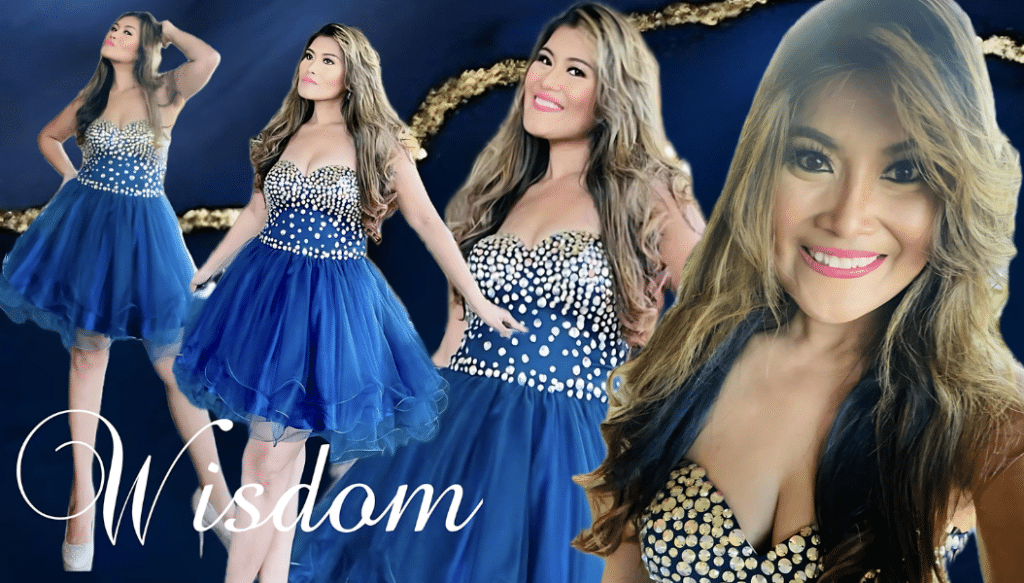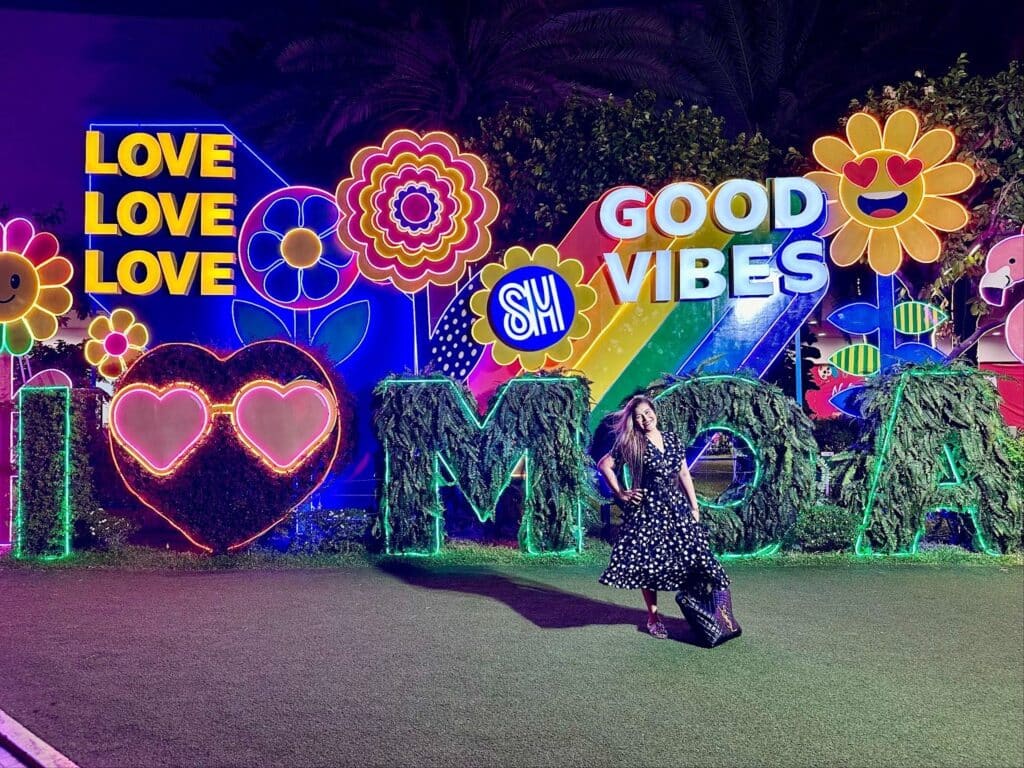By: Janice Israel Delima
Loving someone genuinely means embracing their authentic self, beyond any flaws or perceived imperfections. Genuine love reaches beyond surface-level judgments, connecting with the unique essence of a person. Yet, love is rarely as simple as it sounds. Often, it is in our closest relationships—with partners, friends, or family—that we find parts of ourselves stirred and brought into the light. Sometimes, these are aspects we thought we had overcome—vulnerabilities, past hurts, or unresolved emotions. Far from being a source of frustration, these relationships can be powerful mirrors, reflecting back parts of us that require attention and growth.
When we interact with those closest to us, it’s common to find our emotions stirred in ways that surprise us. Our responses might seem disproportionate or irrational at times, yet this reaction is not necessarily caused by their actions. Instead, it’s often a sign that unaddressed emotional layers within us are rising to the surface. For instance, a simple disagreement might lead to feelings of insecurity or inadequacy, not because of what was said, but due to a lingering fear or hurt from our past. Relationships, in this way, show us where we’re holding on to old narratives, encouraging us to confront these areas so that we can heal and move forward with clarity and peace.
The purpose of relationships is not solely to bring us joy or fulfillment. In reality, relationships reveal and peel away our illusions, gradually bringing hidden aspects of ourselves into the light. Those uncomfortable or challenging moments—when we feel triggered, vulnerable, or uneasy—can often become pivotal points for personal transformation if we choose to look inward. By examining these reactions, we open the door to understanding the deeper emotional patterns and experiences that drive them. Our responses are rooted in our own past, rather than the actions of those around us. While close relationships may illuminate these parts, they are not responsible for fixing or healing them. True contentment and inner peace are things we cultivate within ourselves, rather than relying on others to provide them.

Photo Courtesy: ALEGRE DE PILIPINAS CREATIVES
Healing from past wounds requires a willingness to explore and unpack layers of pain and deeply-held beliefs. When we cling to these old wounds, we remain stuck in reactive cycles, where even small actions can trigger intense emotions. Letting go of the need to control others or external circumstances and choosing to focus on living in the present moment can bring a sense of inner calm. Owning our emotions means recognizing that they are our own, even while understanding that others, too, are facing their own personal challenges. When we approach relationships with this awareness, we create space for compassion and mutual understanding, laying the groundwork for genuine connection and growth.
True acceptance allows us to cultivate a deeper, more authentic form of love—one that is free from the need to control or impose expectations on others. When we accept people as they are, including their imperfections and unique qualities, we acknowledge that these differences are part of the shared human experience. This kind of love flows naturally, without attachment or conditions, arising from a place of inner peace and acceptance. It’s a love that does not seek to possess or fix others but rather embraces them as they are, recognizing that they, too, are on their own journey of self-discovery and growth.

Photo Courtesy: ALEGRE DE PILIPINAS CREATIVES
When we stop relying on others to complete us or heal us, we find the freedom to nurture our own inner well-being. We can appreciate others as fellow travelers, each navigating their own path, rather than as the source of our happiness or fulfillment. In doing so, we discover a profound sense of peace in our relationships, grounded in mutual respect and compassion. This shift not only transforms the way we love others but also how we view ourselves, cultivating a harmony that can deepen both our relationships and our lives.
By letting go of the need for perfection or validation from others, we find that love becomes an experience of sharing rather than needing, of connection rather than control. This process of growth within relationships brings us closer to understanding ourselves and to nurturing the joy and harmony that are possible in authentic connections.
Published by: Nelly Chavez









